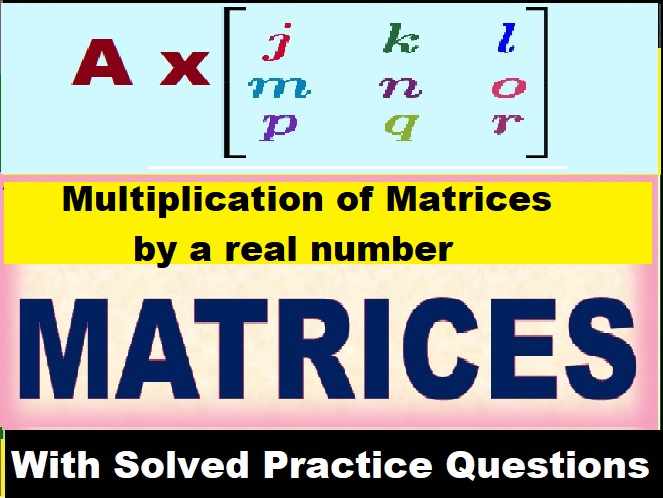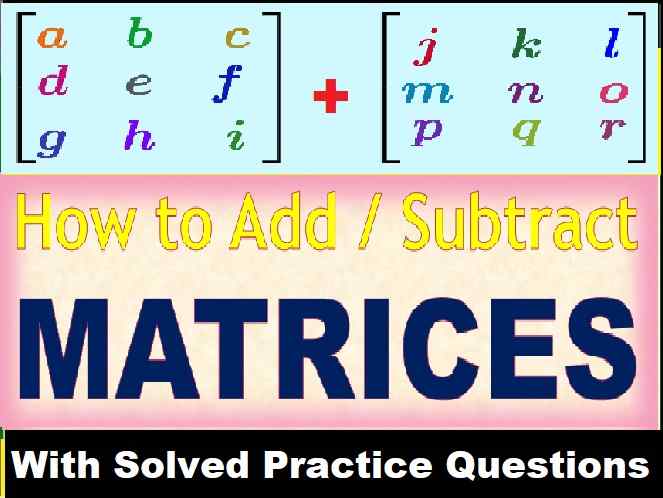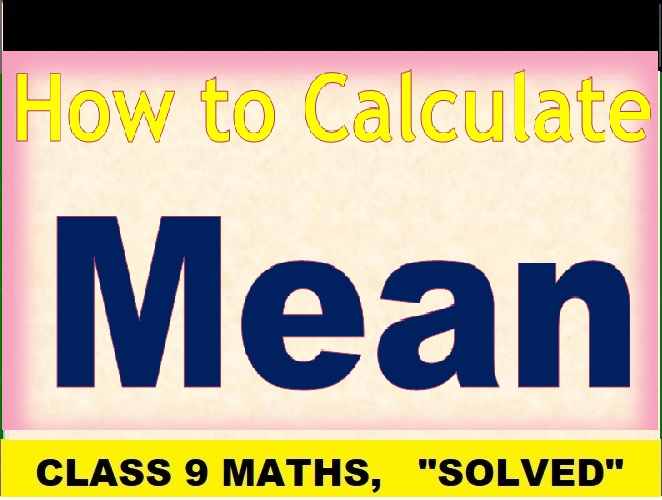ML Aggarwal Playing With Numbers MCQs Class 6 ICSE Maths Solutions. We Provide Step by Step Answer of MCQs Questions for Playing With Numbers as council prescribe guideline for upcoming board exam. Visit official Website CISCE for detail information about ICSE Board Class-6.
ML Aggarwal Playing With Numbers MCQs Class 6 ICSE Maths Solutions
| Board | ICSE |
| Publications | Avichal Publishig Company (APC) |
| Subject | Maths |
| Class | 6th |
| Chapter-4 | Playing With Numbers |
| Writer | ML Aggarwal |
| Book Name | Understanding |
| Topics | Solution of MCQs |
| Edition | 2023-2024 |
Playing With Numbers MCQs
ML Aggarwal Class 6 ICSE Maths Solutions
Page-87
Mental Maths
Question 1. Fill in the blanks:
(i) The only natural number which has exactly one factor is ……….
(ii) The only prime number which is even is ……….
(iii) The HCF of two co-prime numbers is ……….
(iv) Two perfect numbers are ………. and ……….
(v) The only prime-triplet is ……….
(vi) The LCM of two or more given numbers is the lowest their common ….
(vii) The HCF of two or more of given numbers is the highest of their common …….
Answer:
(i) The only natural number which has exactly one factor is 1.
(ii) The only prime number which is even is 2.
(iii) The HCF of two co-prime numbers is 1.
(iv) Two perfect numbers are 6 and 28.
(v) The only prime-triplet is 3, 5, 7.
(vi) The LCM of two or more given numbers is the lowest their common multiple.
(vii) The HCF of two or more of given numbers is the highest of their common factor.
Question 2. State whether the following statements are true (T) or false (F):
(i) Every natural number has a finite number of factors.
(ii) Every natural number has an infinite number of its multiples.
(iii) There are infinitely many prime numbers.
(iv) LCM of two prime numbers equals their product.
(v) LCM of two co-prime numbers equals their product.
Answer:
(i) Every natural number has a finite number of factors. True
(ii) Every natural number has an infinite number of its multiples. True
(iii) There are infinitely many prime numbers. True
(iv) LCM of two prime numbers equals their product. True
(v) LCM of two co-prime numbers equals their product. True
Playing With Numbers MCQs
ML Aggarwal Class 6 ICSE Maths Solutions
Page-88
Question 3. State whether the following statements are true or false. If a statement is false, justify your answer.
(i) The sum of two prime numbers is always an even number.
(ii) The sum of two prime numbers is always a prime number.
(iii) The sum of two prime numbers can never be a prime number
(iv) No odd number can be written as the sum of two prime numbers.
(v) If two numbers are co-prime, then at least one of them must be prime.
(vi) If a number is divisible by 18, it must be divisible by 3 and 6 both.
(vii) If a number is divisible by 2 and 4 both, it must be divisible by 8.
(viii) If a number is divisible by 3 and 6 both, it must be divisible by 18.
(ix) HCF of an even number and an odd number is always 1.
Answer:
(i) The sum of two prime numbers is always an even number. False
Correct :
2 and 7 both are prime number but their sum = 2 + 7 = 9, which is odd number.
(ii) The sum of two prime numbers is always a prime number. False
Correct :
3 and 5 both are prime number but their sum = 3 + 5 = 8, which is a composite number.
(iii) The sum of two prime numbers can never be a prime number. False
Correct :
2 and 5 both are prime number but their sum = 2 + 7 = 7, which is a prime number.
(iv) No odd number can be written as the sum of two prime numbers. False
Correct :
13 is an odd number and 13 = 2 + 11 which is the sum of two prime number.
(v) If two numbers are co-prime, then at least one of them must be prime. False
Correct :
8 and 15 both are co-prime number but neither 8 is prime nor 15 is prime number.
(vi) If a number is divisible by 18, it must be divisible by 3 and 6 both. True
(vii) If a number is divisible by 2 and 4 both, it must be divisible by 8. False
Correct :
20 is divisible by 2 and 4 both, but 20 is not divisible by 8.
(viii) If a number is divisible by 3 and 6 both, it must be divisible by 18. False
Correct :
12 is divisible by 3 and 6 both, but 12 is not divisible by 18.
(ix) HCF of an even number and an odd number is always 1. False
Correct :
6 is even and 9 is odd numbers, bur HCF of 6 and 9 is 3.
Playing With Numbers MCQs
ML Aggarwal Class 6 ICSE Maths Solutions
Page-88
Choose the correct answer from from the given four option (4 to 28) :
Questions 4 .All factors of 6 are
(a) 1, 6
(b) 2, 3
(c) 1, 2, 3
(d) 1, 2, 3, 6
Answer:
Option is (d) 1, 2, 3, 6
Questions 5. Which of the following is an odd composite number?
(a) 7
(b) 9
(c) 11
(d) 12
Answer:
Option is (b) 9
Question 6. The number of even numbers between 68 and 90 is
(a) 10
(b) 11
(c) 12
(d) 31
Answer:
Option is (a) 10
Even numbers between 68 and 90 is 70, 72, 74, 76, 78, 80, 82, 84, 86, 88,
Question 7. Which of the following is a prime number?
(a) 69
(b) 87
(c) 91
(d) 97
Answer:
Option is (d) 97
Question 8. Which of the following is a pair of twin- prime number?
(a) 19, 21
(b) 43, 47
(c) 59, 61
(d) 73, 79
Answer:
Option is (c) 59, 61
Question 9. The number of distinct prime factors of the largest 4-digit number is
(a) 2
(b) 3
(c) 5
(d) none of these
Answer:
Option is (b) 3
largest 4-digit number is 9999
and 3 is prime factor.
Question 10. The number of distinct prime factors of the smallest 5-digit number is
(a) 2
(b) 4
(c) 6
(d) 8
Answer:
Smallest 5-digit number is = 10000
Option is (a) 2
Question 11. The sum of the prime factors of 1729 is
(a) 13
(b) 19
(c) 32
(d) 39
Answer:
Option is (d) 39
prime factor of 1729 are 7, 13 19
so the sum of 7 + 13 + 19 = 39
Question 12. Which of the following is a pair of co-prime numbers?
(a) 8, 45
(b) 3, 18
(c) 5, 35
(d) 6, 39
Answer:
Option is (a) 8, 45
Question 13. Every natural number has an infinite number of
(a) prime factors
(b) factors
(c) multiples
(d) none of these
Answer:
Option is (c) multiples
Question 14. Which of the following numbers is divisible by 4?
(a) 308594
(b) 506784
(c) 732106
(d) 9301538
Answer:
Option is (b) 506784
Question 15. Which of the following numbers is divisible by 8?
(a) 503786
(b) 505268
(c) 305678
(d) 703568
Answer:
Option is (d) 703568
Question 16. Which of the following numbers is divisible by 3?
(a) 50762
(b) 42063
(c) 52871
(d) 37036
Answer:
Option is (b) 42063
Question 17. Which of the following numbers is divisible by 9?
(a) 972063
(b) 730542
(c) 785423
(d) 5612844
Answer:
Option is (a) 972063
Question 18. Which of the following numbers is divisible by 6?
(a) 560324
(b) 650374
(c) 798653
(d) 750972
Answer:
Option is (d) 750972
Playing With Numbers MCQs
ML Aggarwal Class 6 ICSE Maths Solutions
Page-89
Question 19. The digit by which ‘*’ should be replaced in 54 * 281 so that the number formed is divisible by 9 is
(a) 6
(b) 7
(c) 8
(d) 9
Answer:
Option is (b) 7
Question 20. The digit by which should be replaced in 7254 * 98 so that the number formed is divisible by 22 is
(a) 0
(b) 1
(c) 2
(d) 6
Answer
Option is (d) 6
Question 21. If a number is divisible by 5 and 6 both, then it may not be divisible by
(a) 10
(b) 15
(c) 30
(d) 60
Answer:
Option is (d) 60
Question 22. The number of common prime factors of 60, 75 and 105 is
(a) 2
(b) 3
(c) 4
(d) 5
Answer:
Option is (a) 2
Question 23. The H.C.F. of 144 and 198 is
(a) 6
(b) 9
(c) 12
(d) 18
Answer:
Option is (d) 18
Question 24. The L.C.M. of 30 and 45 is
(a) 15
(b) 30
(c) 45
(d) 90
Answer:
Option is (d) 90
Question 25. If H.C.F. of two numbers is 15 and their product is 1575, then their L.C.M. is
(a) 15
(b) 105
(c) 525
(d) 1575
Answer:
Option is (b) 105
Question 26. If the LCM of two natural numbers is 180, then which of the following is not the HCF of the numbers?
(a) 45
(b) 60
(c) 75
(d) 90
Answer:
Option is (c) 75
Playing With Numbers MCQs
ML Aggarwal Class 6 ICSE Maths Solutions
Page-89
Question 1 . Write 2-digit odd numbers whose sum of digits is 8.
Answer.
17, 71, 35, 53
Question 2. Write all pairs of 2-digit twin primes such that on changing the places of their digits, they still remain prime numbers.
Answer:
11, 13, 71, 73
Question 3. There are just four natural numbers less than 100, which have exactly three factors. One of them is 25, what are the other three? What can be said about these numbers?
Answer:
Four natural number less than 100
in 100 have three factor:
First is 25 = 1, 5, 25
Second is 49 = 1, 7, 49
Third is 9 = 1, 3, 9
Fourth is 4 = 1, 2, 4
— : End of ML Aggarwal Playing With Numbers MCQs Class 6 ICSE Maths Solutions :–
Return to – ML Aggarwal Maths Solutions for ICSE Class -6
Thanks


